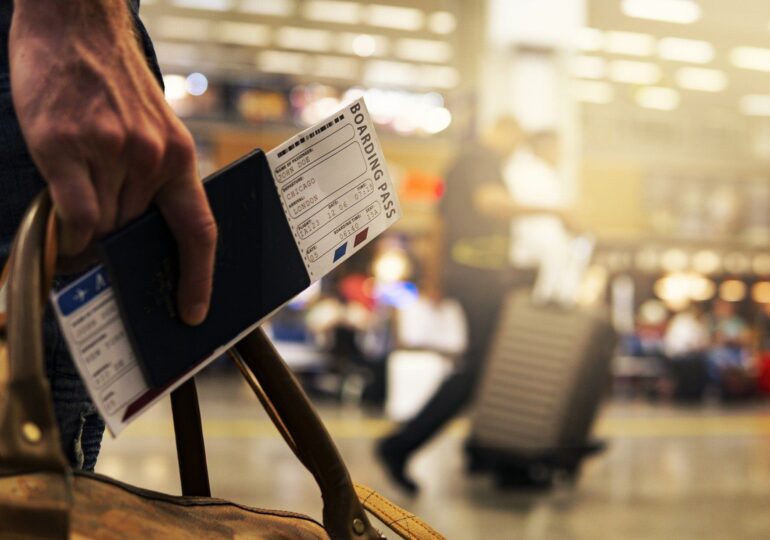British and American tourists could face higher fees to enter the European Union as part of a plan aimed at increasing the bloc’s tax revenues.
The EU is considering an additional tax on foreign travelers to cover a portion of the €350 billion common debt issued in 2021 to finance post-pandemic recovery.
A potential increase in the entrance fee to the EU above the €7 level set under the new European system ETIAS (European Travel Information and Authorization System) is becoming one of the most popular fiscal options in light of the European Commission's upcoming official budget proposal scheduled for July 16, according to European diplomats cited by Politico.
ETIAS will apply from the last quarter of 2026 to citizens from 60 visa-free travel countries, including the USA and the United Kingdom. Any fee increase would apply to the same group of countries.
"There seems to be the possibility of a gradual fee increase to strengthen long-term revenue potential," stated an internal memo drafted by the rotating presidency of the Council, held by Poland.
A Commission spokesperson told Politico that "a possible adjustment of the fee" is being considered to reflect the accumulated inflation since 2018, the year when the €7 amount was set.
Modest Impact
Although the idea is politically easy to support, it would likely generate less than one billion euros annually - a minuscule amount compared to the EU's estimated annual debt repayments of €25-30 billion starting from 2028.
The European Commission estimates that the fee could affect up to 50.5 million travelers in 2027, but has not provided a clear estimate of the revenue generated.
"ETIAS makes sense. You enter the European Union like entering a block, so you have to pay something," said Pascal Saint-Amans, a tax expert and former OECD official.
However, Germany criticized the idea at a closed-door meeting, arguing that such a measure could discourage tourists from visiting Europe, according to two European diplomats.

